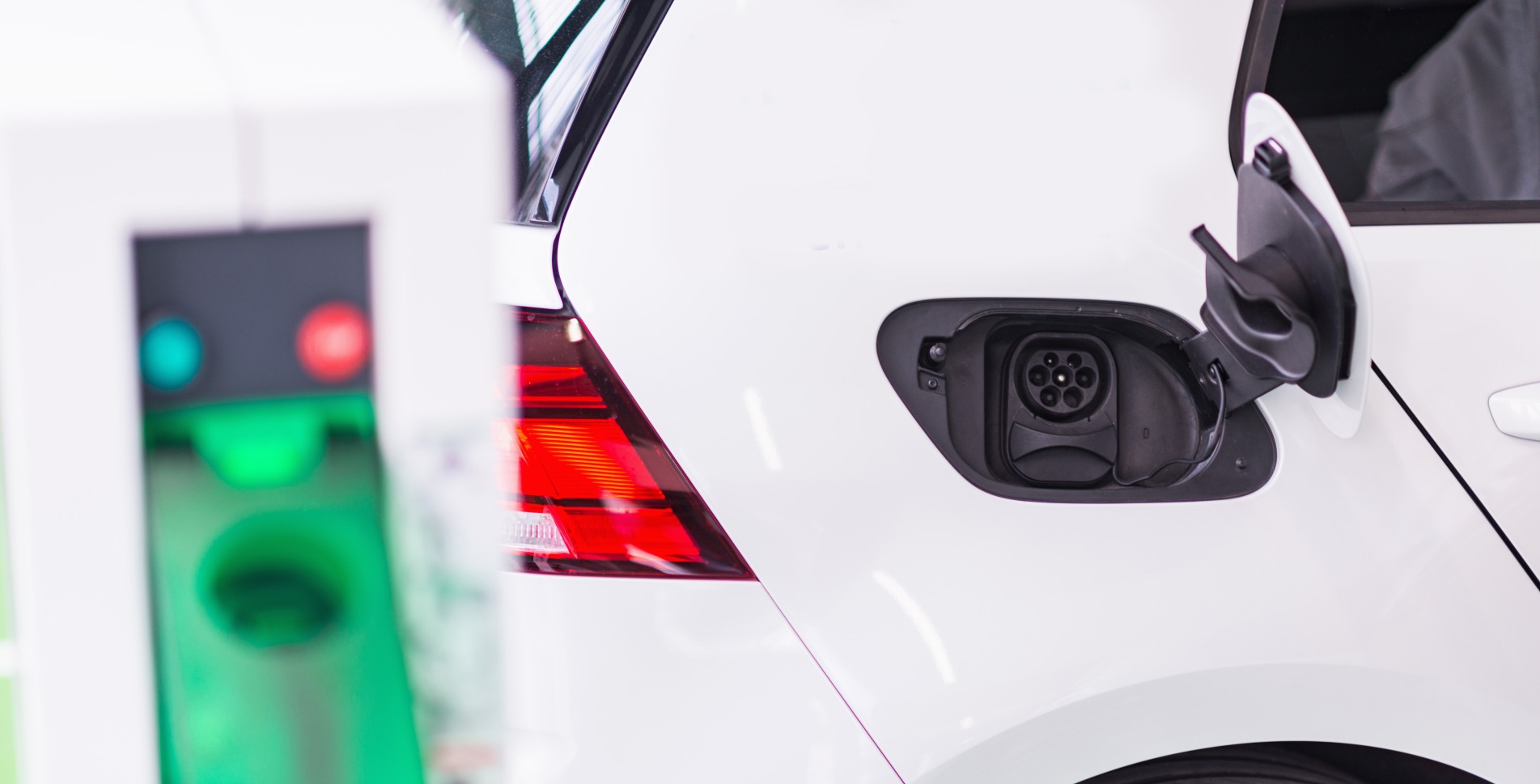Pros and Cons of Buying a Used EV
A zero-emission vehicle can cost a quarter or even less compared to the cost of running a petrol or diesel car. With people starting to realise the benefits of owning an electric car, the market has dramatically expanded and there are now over 400,000 EVs on the road in the UK.
The process of buying an electric vehicle is no different to purchasing an ICE, as you still need to check through the documentation, car history and the general condition of it. If you choose to take it for a test drive, then this is a good time to see how the car handles and check the brakes as well.
Electric vehicles are not to everyone’s taste, if you want to be able to hear the rumble of the exhaust then the silence of an EV might not be for you.
So, what are the pros and cons of buying a used electric car?
Advantages
Save Money – The initial cost of an EV may be a bit of an investment however, charging it won’t be anywhere near expensive. Filling up a petrol tank for a 2 litre engine costs around £70, whereas It costs around £6-£15 pounds to charge an EV, that’s under a quarter of the cost of a fuel tank!
Environmentally Friendly – If you want to become more sustainable and reduce your carbon footprint then choosing an electric vehicle is the right option for you. Fully electric cars produce no exhaust emissions and are much healthier for the planet.
Warranty – The majority of battery packs come with an 8-year warranty; you will benefit from this if you purchase an electric car. You will need to check the warranty when looking at the paperwork. If the battery drops below a certain capacity the warranty will allow for it to be repaired or replaced.
Tax Benefits – Fully electric vehicles qualify for zero road tax. If it’s a company car, this requires a payment of 2% tax.
Comfort and Simplicity – EVs offer no noise and a refined, relaxed driving experience. Driving an electric vehicle is very similar to an automatic car where you only accelerate and brake.

Disadvantages
Now for the cons, which are important to know.
Range Anxiety/Battery – As EV batteries degrade their range tends to reduce. They don’t lose as much as you think, however, having any range drop below 100 miles isn’t something you want if you are carrying out longer journeys. The range capacity will give you indications as to the condition of the battery.
Charging Time – If you are often driving long distances , take into consideration charging times. Half an hour at a rapid charging point will give you 80% charge however, compare that to a petrol or diesel car which you can fill up to 100% in less than 5 minutes.
Maintenance – There’s always a risk of something going wrong with any car. However, an electric car is much more complex to fix so you would need to take a trip to your nearest Perrys for a professional to take a look since many independent garages don’t specialise in EVs yet.
Infrastructure – When considering buying an electric car whether it’s new or used, the charging point infrastructure will always be a factor to take into consideration. You need to make sure you have access to a charger wherever you go, especially on long journeys, as this will reduce the risk of your car running out of battery. Charging points are gradually increasing across the UK but are still scarce in a few areas.
Warranty – If there is no warranty on your car or it has run out, then you need to be aware of the cost of a replacement battery. Used electric vehicles batteries are usually leased due to being very expensive to purchase. So, if the battery deteriorates in your EV, then be prepared for a very large bill.
Take everything into consideration when buying a used electric vehicle to make sure it fits in with your lifestyle. If you think purchasing a fully electric vehicle is for you, follow the link browse our extensive range of used EVs.
Tags: *Used *Cars *Used_Cars *Second_Hand *Warranty *Maintenance *Save *ev*Range


